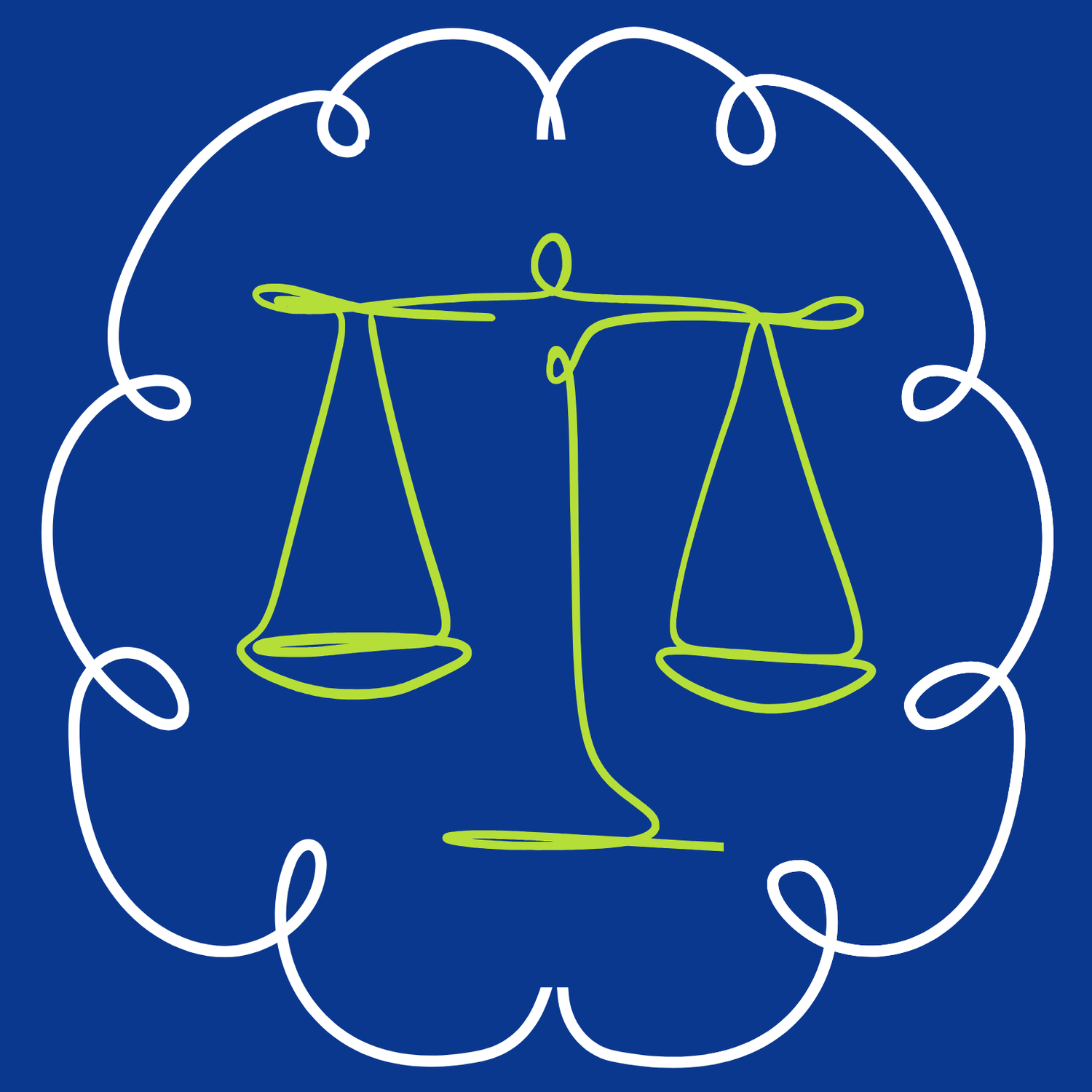How do I become a
Forensic Psychiatrist?
After high school graduation, it typically takes a minimum of 13 years of education and training to become a board-certified forensic psychiatrist. Let’s take a closer look at the training pathway:
College
In the United States, the first step toward becoming a forensic psychiatrist is completion of an undergraduate degree at a college or university. Bachelors degree programs are typically 4 years in length.
During college, students complete premedical coursework, which often includes classes in chemistry, biology, physics, and psychology.
Many premedical students get involved with research or clinical volunteering during their college years in order to gain exposure to the medical field.
To apply to medical school, students must sit for the Medical College Admissions Test, or MCAT. The MCAT is a standardized multiple-choice exam that evaluates a student’s critical thinking skills and scientific knowledge.
You can learn more about the premedical journey and the MCAT by visiting the American Association of Medical Colleges (AAMC) website.
Medical School
The next step in the pathway is medical school. Medical school is a rigorous doctoral-level training program, which is typically four years in length.
Degrees granted upon successful graduation from medical school include:
Doctor of Medicine (MD)
Doctor of Osteopathy (DO)
The medical school curriculum is often divided into pre-clinical and clinical phases. The preclinical phase usually includes coursework in anatomy, physiology, pharmacology, and biochemistry, as well as “doctoring” courses, which teach you about how to evaluate patients, formulate a diagnosis, and develop a treatment plan. The clinical phase consists of clinical rotations, during which medical students gain hands-on experience in various fields of medicine, such as internal medicine, surgery, and pediatrics.
As students prepare to graduate from medical school, they apply to residency training programs, through which they will gain specialized training in their field of choice after graduation. Medical students who wish to become psychiatrists apply to Psychiatry Residencies.
Psychiatry Residency
After graduating from medical school, newly-minted medical doctors begin psychiatry residency training programs.
Psychiatry residency is typically a four year program, consisting of hands-on clinical rotations. Residents gain experience across a variety of practice settings, including outpatient clinics, psychiatric hospitals, medical hospitals, and emergency rooms, to name just a few.
Psychiatry residents learn to diagnose and treat the full spectrum of mental health conditions, from anxiety and depression, to schizophrenia and bipolar disorder.
After graduating from psychiatry residency, you’re prepared for independent practice as a psychiatrist!
In order to become a board-certified psychiatrist, psychiatrists must sit for the board certification examination in Psychiatry, administered by the American Board of Psychiatry and Neurology (ABPN).
Board certification indicates that a psychiatrist has demonstrated knowledge and expertise in diagnosing and treating people with mental health conditions.
Forensic Psychiatry Fellowship
After graduating from psychiatry residency, psychiatrists may choose to pursue additional training in a specific subspecialty of psychiatry, which is known as fellowship training.
There are a number of different fellowship training programs available to psychiatrists, including Child and Adolescent Psychiatry, Geriatric Psychiatry, Addiction Psychiatry, and of course, Forensic Psychiatry.
Fellowships in Forensic Psychiatry are typically one year in length, and involve specialized hands-on training in various aspects of forensic psychiatry.
After graduating from fellowship, psychiatrists are eligible to sit for an additional board certification examination in Forensic Psychiatry, which is offered by the ABPN.
This marks the final step in the pathway- after successful completion, you’re officially a board-certified Forensic Psychiatrist!
To learn more about fellowships in Forensic Psychiatry, check out the American Academy of Psychiatry and the Law (AAPL) website.

